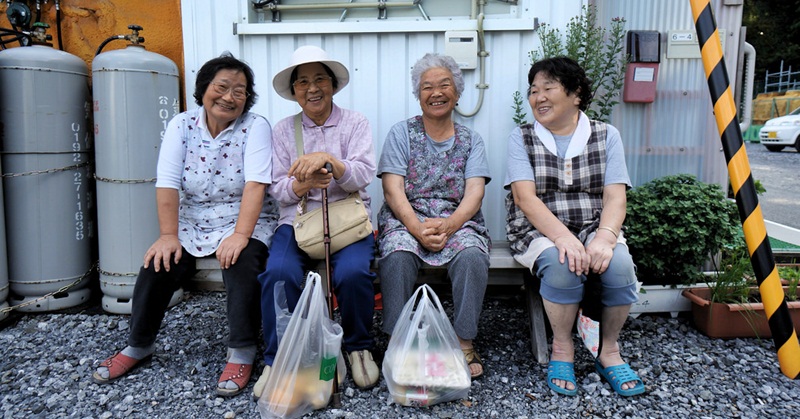In line with the government’s efforts to promote social security reforms in an “era of 100-year life” as sworn by Liberal Democratic Party presidential candidate Prime Minister Shinzo Abe, the government is looking to hold discussions to support the employment of people beyond retirement age, as shared in a report by the Japan Times.
ALSO READ: Important Facts About Japan that OFWs Should Know
At present, businesses in Japan are required to provide employment for workers past the age the mandatory retirement age – 60 for most companies – up to 65 years of age, when citizens become eligible to receive state pension support and benefits, if they so wish.

Japan Studies the Idea of Retaining Elderly Workers in the Workforce
The government’s decision to promote the retention and employment of senior citizens in the workplace – the details and specifics of which are to be discussed starting next month – follows through what had been expressed by the current leadership in the updated outline of its policies regarding the elderly revealed earlier this year.
The said outline aims to rebrand the uniform definition of “senior citizens” as those who are age 65 and above, considering that advances in medical technology and living conditions allow more people to maintain good health and an active, functional state even as they enter their advanced years. Following this point, the outline looks to enable those who are willing and fit to continue working regardless of their age.
Another change being studied by the government is to raise the optional age as to when elderly citizens may receive their pension benefits to 71 years and above. Today, eligible citizens begin to receive pensions at age 65, but they have the option to receive it any time between the age of 60 and 70. By principle, the later one avails his/her pension benefits, the higher the monthly amount becomes. However, only few people delay availing their pensions beyond age 65.
By promoting elderly employment of those at age 65 or higher, the government hopes to encourage more people to start availing their pension benefits later on. The retention and increase in the number of elderly people in the workforce will contribute to the financial stability and sustainability of the social security system.
ALSO READ: [Part I] The Japanese Pension System: What It Is and How It Works
As per the law that establishes the employment of elderly workers, companies are required to allow their employees to work until the age of 65 if they so wish – by either extending or eradicating the mandatory retirement age, or by re-hiring employees under new conditions once they have hit retirement age.
As it is, some companies are still hesitant to extend the retirement age of their regular full-time employees because the move could lead to a significant increase in their manpower costs.
To create a favourable scenario given such circumstances, the government is expected to improve its policies that will support companies to promote employment of elderly workers. However, if society will require its elderly workers to remain productive as part of the workforce for a longer period of time, an overhaul of the system sanctioning their employment must be had.